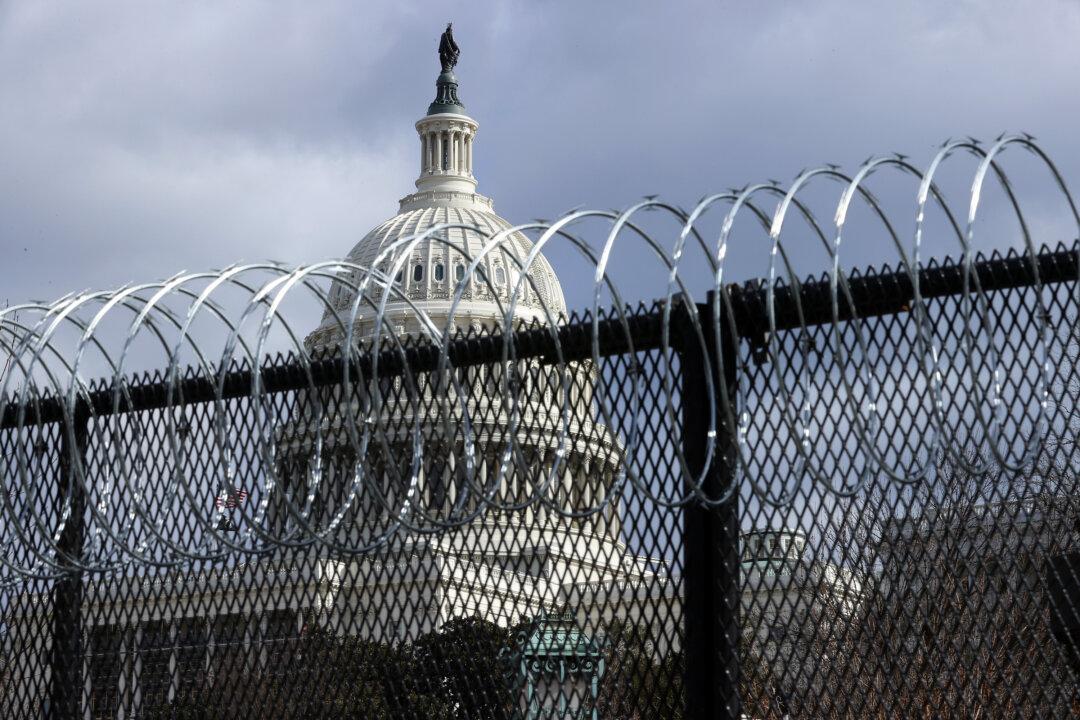Attorneys for former President Donald Trump on Feb. 8 set out their defense for his Senate impeachment trial, arguing that the Senate has no jurisdiction to try a former official, that the charge against the 45th president is deficient, that their client was deprived of due process and had his right to free speech violated by the article of impeachment.
In the 78-page trial memorandum, the attorneys posit that the Senate taking up the impeachment amounts to a bill of attainder, an act that the Constitution prohibits the legislature from taking because it would amount to inflicting punishment without a jury trial. The defense also contends that the “incitement” accusation is contradicted by the plain text of the transcript of the president’s Jan. 6 speech.





